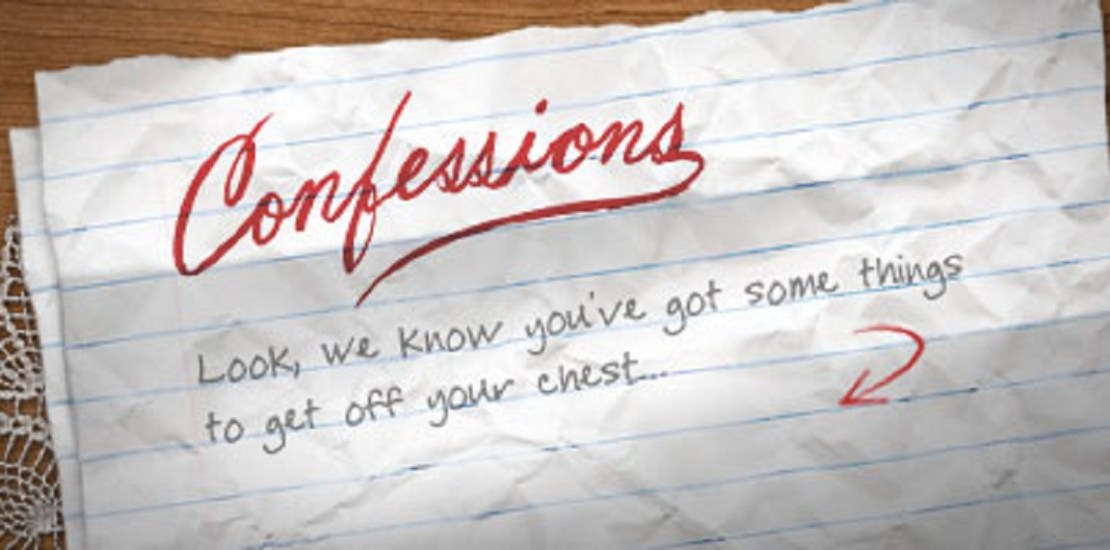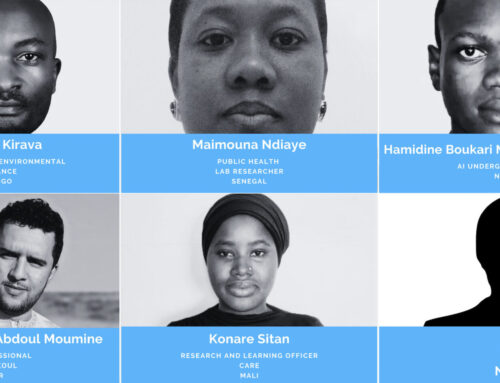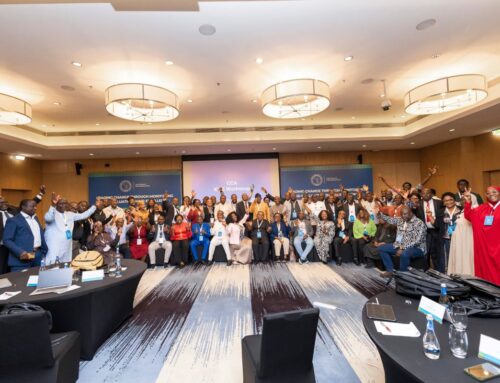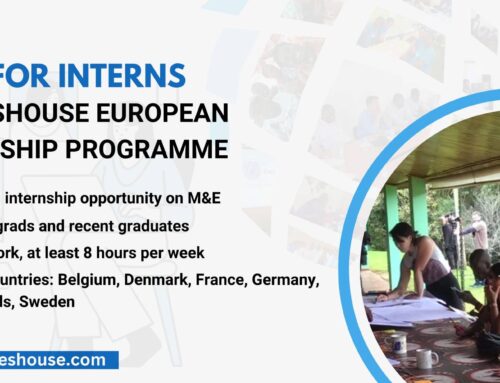Ron Chernow, the Pulitzer Prize-winning author of Alexander Hamilton, is not an evaluator, but a writer who uses the narrative interview methodology of evaluators to deliver award-winning biographies of historical figures from the world of business, finance and politics. Narrative interviews are a type of interviews where discovery is made within conversation. It is also used to build stories from participants of a program. In this resource, I will describe at which phase and what type of evaluation can be suitable for narrative interviews.
Narrative interviews are used for open questions. The evaluator does not have any predetermined questions, and the agenda is set by the interviewer. Because the questions are not predetermined, the interviewer who can be a respondent can say as much or little as they will. Furthermore, this kind of interview is used to elicit stories. Most stories of change or impact stories are explored through narrative interviews. This allows the evaluator to put response from the interviewer in a story format. To create an impact story for a program, policy or project, narrative interviews focusing on program leader and other implementers can be used to put together such document.
Qualitative Data Collection Methods: Narrative interviews are used for open questions. The evaluator does not have any predetermined questions, and the agenda is set by the interviewer.
Also, narrative interviews can be used to get familiar with the program experience. If an evaluator doesn’t know much about a program, he or she can use narrative interviews. For example, if an evaluator who is familiar with the health sector is contracted to evaluate the administration of criminal justice policy in a country, the evaluator might use narrative interviews to understand the detailed objectives, activity points and possible objectives of such program.
Lastly, narrative interviews can be used to identify the sequence of events that happen within a program. In the evaluation of the administration of criminal justice policy, a narrative interview conducted with one of the justice sector agencies can allow the evaluator to understand the relationship for instance between the police during the transfer of an arrested suspect to the magistrate.
Narrative Interviews can be used based on the focus of the evaluation. This evaluation focus includes access to processes, construction of social situations and in complex systems of interactions within organizations.
In access to processes, narrative interviews can be used to answer evaluation questions that are related to that of processes involved to achieve an outcome. For example, this kind of interview can be used to know how farmers were able to apply knowledge gotten from extension services to increase the yield of their products. In narrative interviews, a sample of the farmers will be drawn to engage them in open questions, and that can elucidate how the farmers have benefited from the extension services.
In the construction of social situations, narrative interviews can focus on evaluations that answer the questions of social behaviours by individuals in a program. For example, what can be used to curb the use of marijuana among post-war youth groups? The interview will focus on individuals participating in such program and will make sure is leading questions conform to understanding what (maybe what contributed to the halt of using marijuana by past users). The result of the evaluation can then be used to develop a new social theory.
In evaluation questions that are focused on complex human interactions e.g conflict in the workplace, narrative interviews with different staff members at different times can be useful. The evaluator allows the staff of the organization to control the conversation by speaking all through his or her mind about the situation. This also allows the evaluator to be buried in the conversation while making easy inferences from the different conversations.
Narrative interviews can be used in every phase of an evaluation. It can be used during the formative stages of a program, while the program is ongoing, or at the end of the program. Before a program commences, interviews can be conducted especially with experts to understand what has happened in other programmes that use the same theory of change, or that also focus on achieving the same outcome proposed by the program. Let us use the development of a drug therapy program to reduce crime in a community as an example. Narrative interviews can be used at the stage at which the program is being planned, and this will involve interviewing experts on what exactly reduces crime rate in a community or what kind of drug therapy reduces crime rate in a community.
Qualitative Data Collection Methods: Narrative interviews can be used in every phase of an evaluation. It can be used during the formative stages of a program, while the program is ongoing, or at the end of the program.
Narrative interviews, especially with program implementers, could be used during the course of a program. It can be used to understand what activities are happening within the program, and also challenges within the program. If we consider the drug therapy program, a narrative interview can be used for evaluating the different kinds of activities involved in the drug therapy sessions. The interview could be conducted at different times while the activities of the program is ongoing.
After a program has ended, narrative interviews could be used to understand why and whether the program achieved its proposed objectives. In the case of the drug therapy program, narrative interviews could be used to create stories of change that must have happened by the end of the program. The evaluator focuses on interviewing program participants and creating stories that are in-line with the open conversations they have had.
Narrative interviews can be used in evaluations whose focus includes access to processes, construction of social situations and complex systems of interactions within organizations. It can be used either before a programme starts, in the middle or at the end of a program, and some years after a program has ended. You do not necessarily need to be a Ron Chernow. As an evaluator, you might want to look forward to learning from Michael Scriven, Quinn Patton, Robert Stake, Zenda Ofir and a list of other great evaluators who are storytellers!
Image Credit: George Straight





Very rich and informing!
Thank you for this piece; I got a lot of insight.